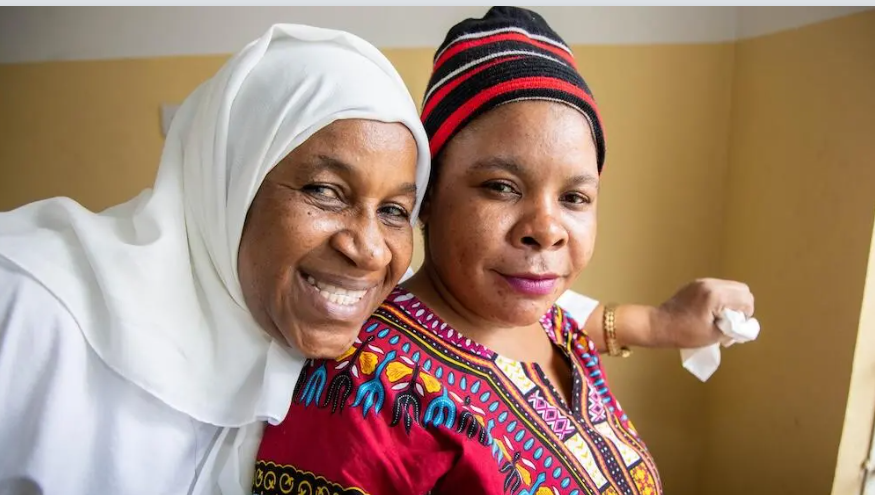 In Tanzania, women’s rights activists are increasingly emphasizing the critical link between bodily autonomy and sustainable development. As part of ongoing efforts to advocate for gender equality, a growing number of Tanzanian women are calling for greater control over their bodies as a fundamental right that directly contributes to the country’s long-term social and economic progress.
In Tanzania, women’s rights activists are increasingly emphasizing the critical link between bodily autonomy and sustainable development. As part of ongoing efforts to advocate for gender equality, a growing number of Tanzanian women are calling for greater control over their bodies as a fundamental right that directly contributes to the country’s long-term social and economic progress.
Bodily autonomy, defined as the right to make decisions about one’s own body without external interference, has gained prominence in discussions around reproductive health, education, and economic empowerment. Tanzanian women have highlighted that achieving gender equality and enabling women to exercise control over their bodies is central to unlocking broader development goals.
Many women in Tanzania still face barriers related to sexual and reproductive health rights, including limited access to family planning services, early marriage, and gender-based violence. Activists argue that addressing these issues is essential to improving women’s health outcomes and enabling them to fully participate in economic and political life.
One of the most vocal advocates for this cause is a group of Tanzanian women leaders who have come together to promote education, legal reforms, and community-based programs. They argue that when women have control over their reproductive choices, they are more likely to pursue higher education, contribute to the workforce, and make informed decisions about family planning. This, in turn, creates healthier families and communities, fostering the kind of sustainable development that Tanzania needs.
The government of Tanzania, in recent years, has taken steps to improve women’s rights, particularly in areas like maternal health care and education. However, activists insist that more needs to be done, particularly in rural areas, where traditional gender norms and limited resources continue to impede women’s autonomy.
Through grassroots movements and public awareness campaigns, women in Tanzania are pushing for a future where they can make decisions about their bodies without fear of stigma or violence. They argue that promoting bodily autonomy isn’t just a human rights issue it’s a necessary step toward creating an equitable society that can drive sustainable development.
The movement is also gaining international attention, with global organizations supporting the idea that women’s rights, including bodily autonomy, are pivotal to achieving the United Nations’ Sustainable Development Goals (SDGs).
As the conversation around bodily autonomy continues to evolve in Tanzania, there is hope that these efforts will lead to lasting change, benefiting not just women, but society as a whole, as the country seeks to build a more just and sustainable future for all its citizens.

